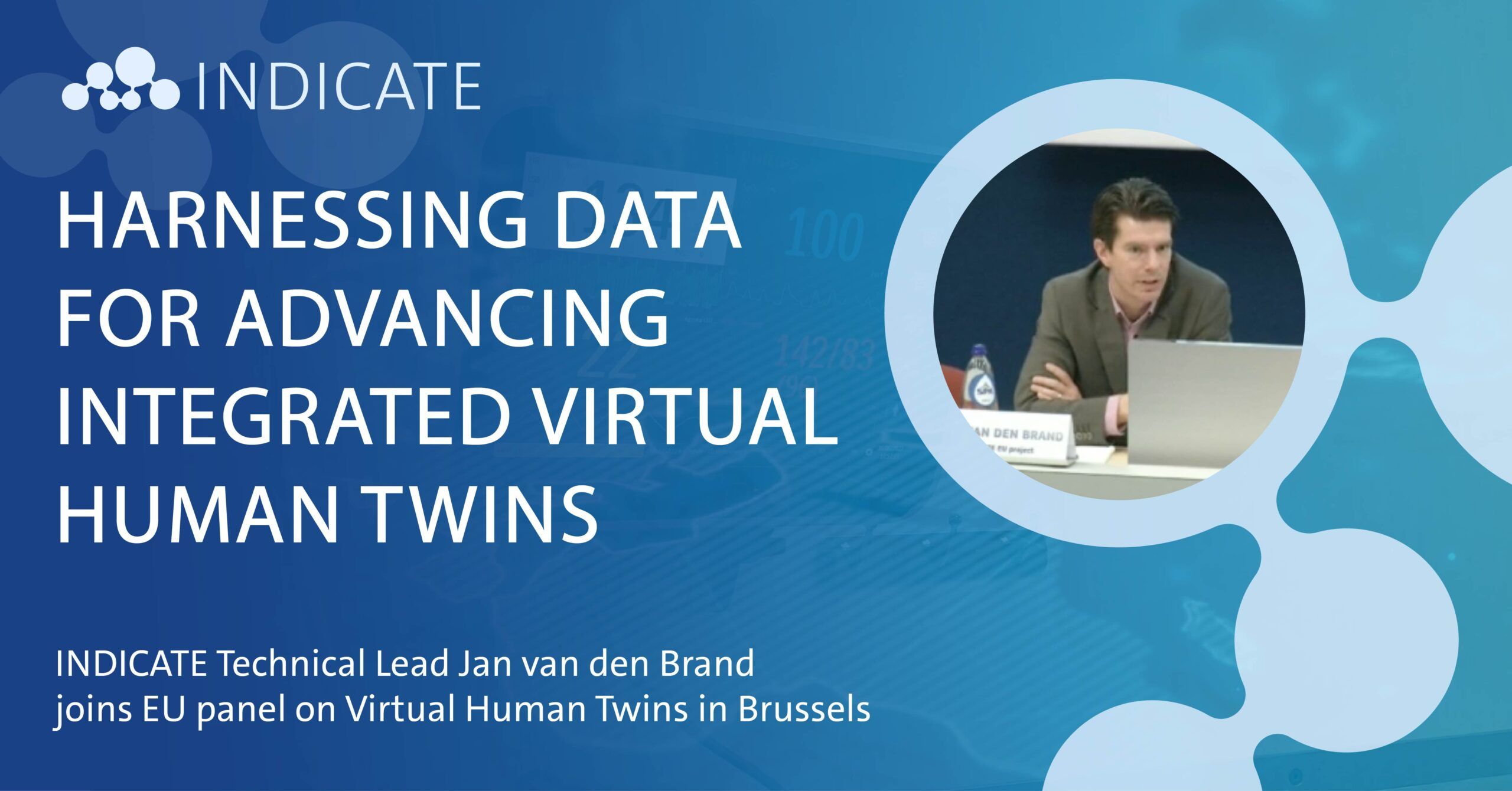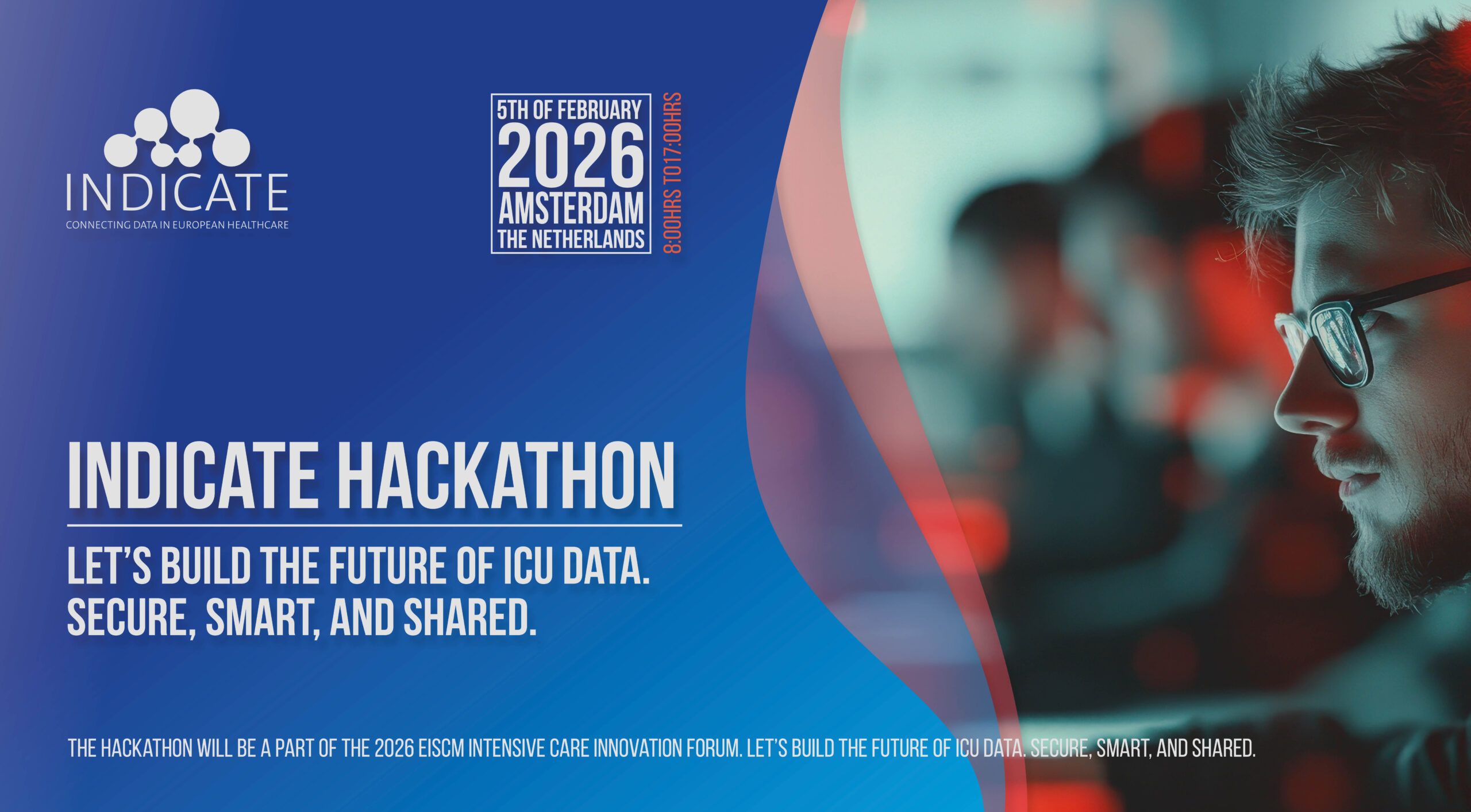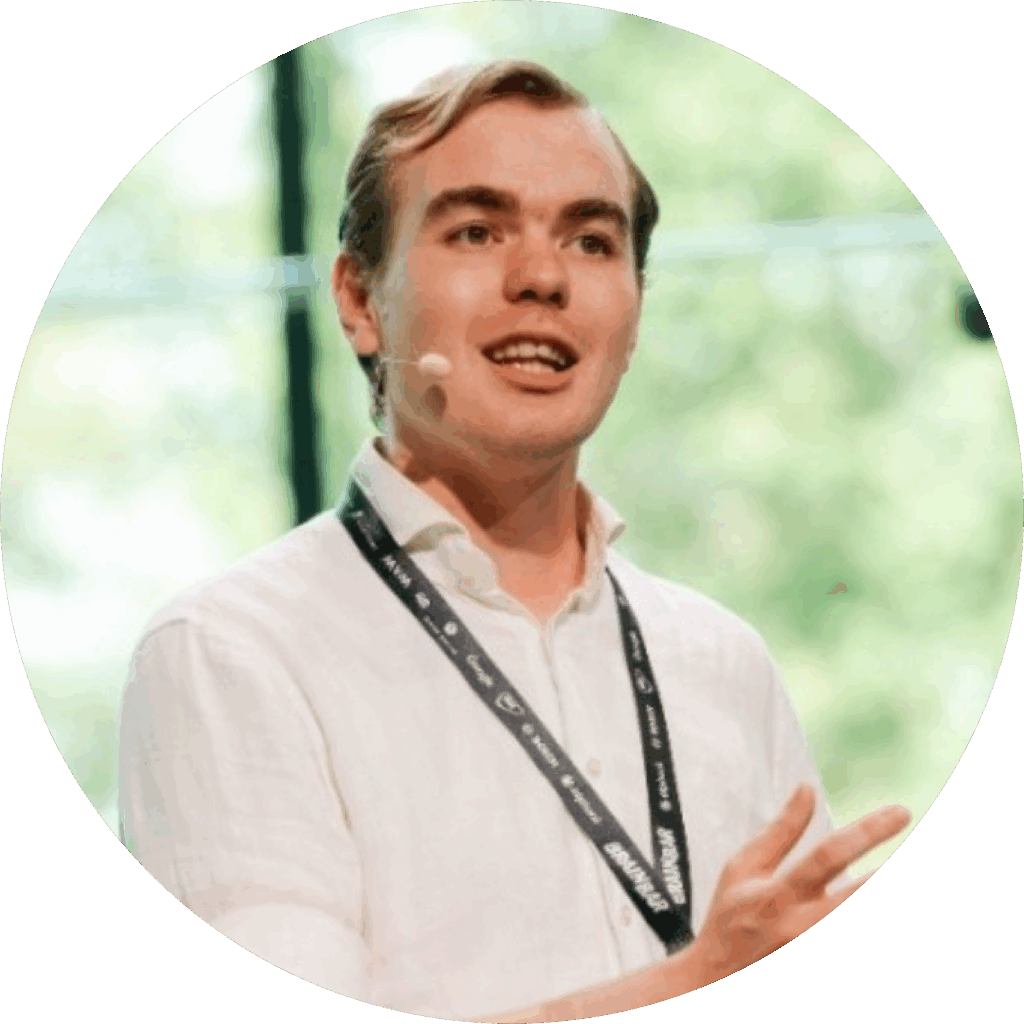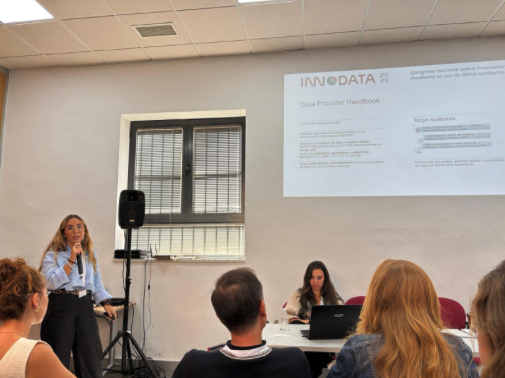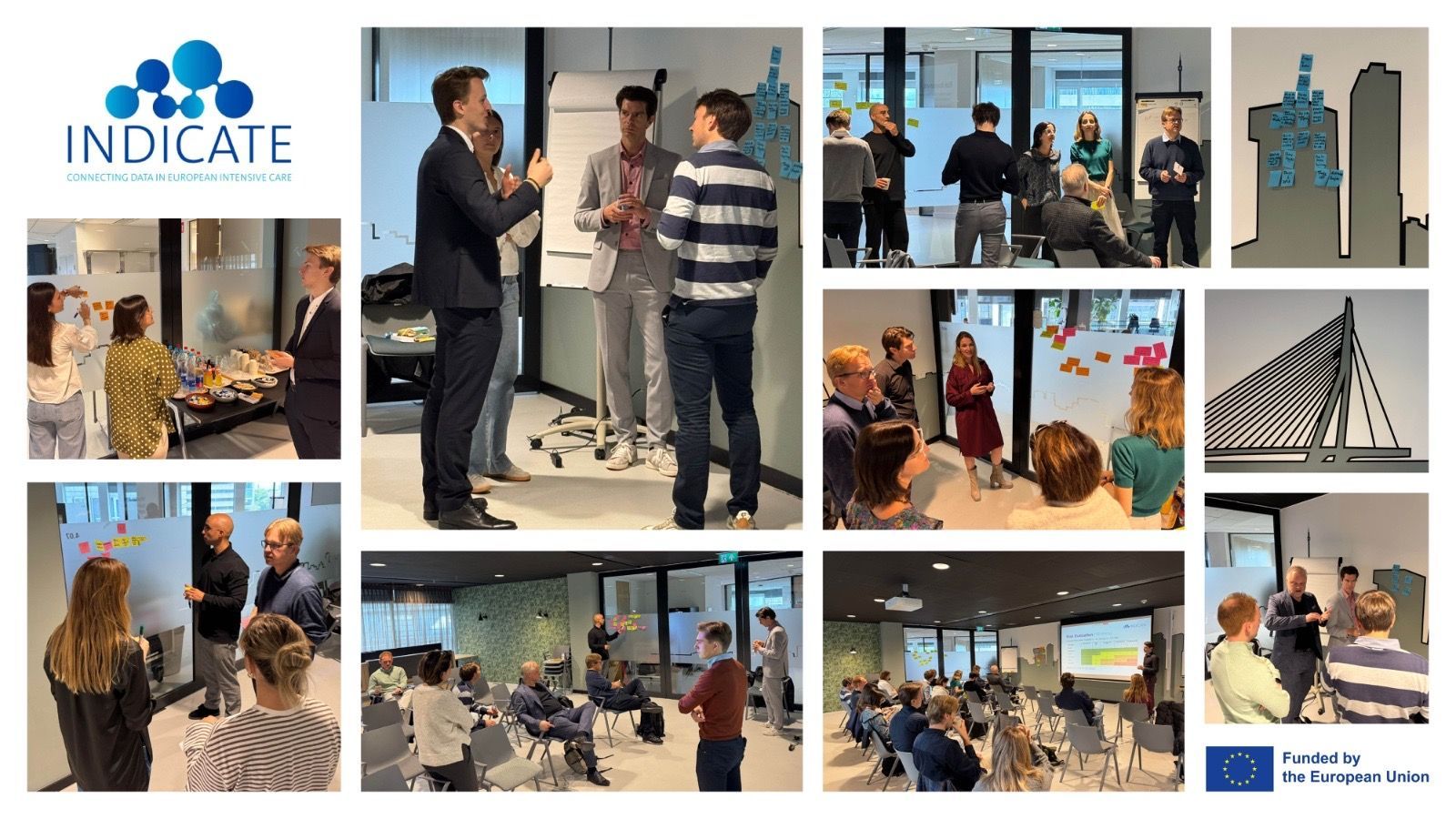INDICATE Technical Lead Jan van den Brand joins EU panel on Virtual Human Twins in Brussels
The high-level event on Virtual Human Twins (VHTs), held on the 21st of October in Brussels, Belgium, brought together leading voices from the European Commission, academia, industry, and patient organisations, all united by a shared goal: accelerating innovation in health through AI, data, and trustworthy digital ecosystems.
Key takeaways:
- Europe has the technology, talent, and ambition to lead, but success depends on access to high-quality, interoperable data. This highlights the importance of our INDICATE project, as well as other European health data initiatives such as Genome Of Europe, EUCAIM, and PHEMS, all of which strengthen the foundation for innovation.
- Trust remains essential. It is one of the key underlying principles of the European Health Data Space (EHDS) Regulation, and aims to give individuals more control over their health data while enabling safe and secure use for research and innovation.
- VHTs offer a unique testbed for AI in healthcare, helping translate innovation from lab to clinic.
- Collaboration across disciplines, sectors, and borders is vital to build an inclusive, patient-centred ecosystem.
- Robust regulatory frameworks Medical Device Regulation (MDR), In Vitro Diagnostics Regulation (IVDR), AI Act and European health data spaces will be key to scaling impact safely and responsibly.

Our technical lead of INDICATE, Jan van den Brand, had the honour to join the panel discussion on Harnessing data for advancing integrated VHTs with a focus on EU data spaces and infrastructures. He shared how our federated approach to data availability will enhance access to critical ICU population data, ensuring that valuable insights can be generated without compromising privacy or data sovereignty.
Discussions during the technical and regulatory sessions further highlighted the importance of secure data environments, data harmonisation, and clear guidance for AI-enabled research. Experts agreed that VHTs can accelerate clinical evidence generation, potentially reducing animal testing and enabling personalised care. The event concluded with a shared message: VHTs sit at the crossroads of digital, data, and health policy.
That intersection brings enormous potential, but also challenges, as it means VHTs touch upon regulatory frameworks across multiple domains. Building trust, ensuring quality, and fostering collaboration will determine how quickly Europe can turn this vision into real impact for patients.
